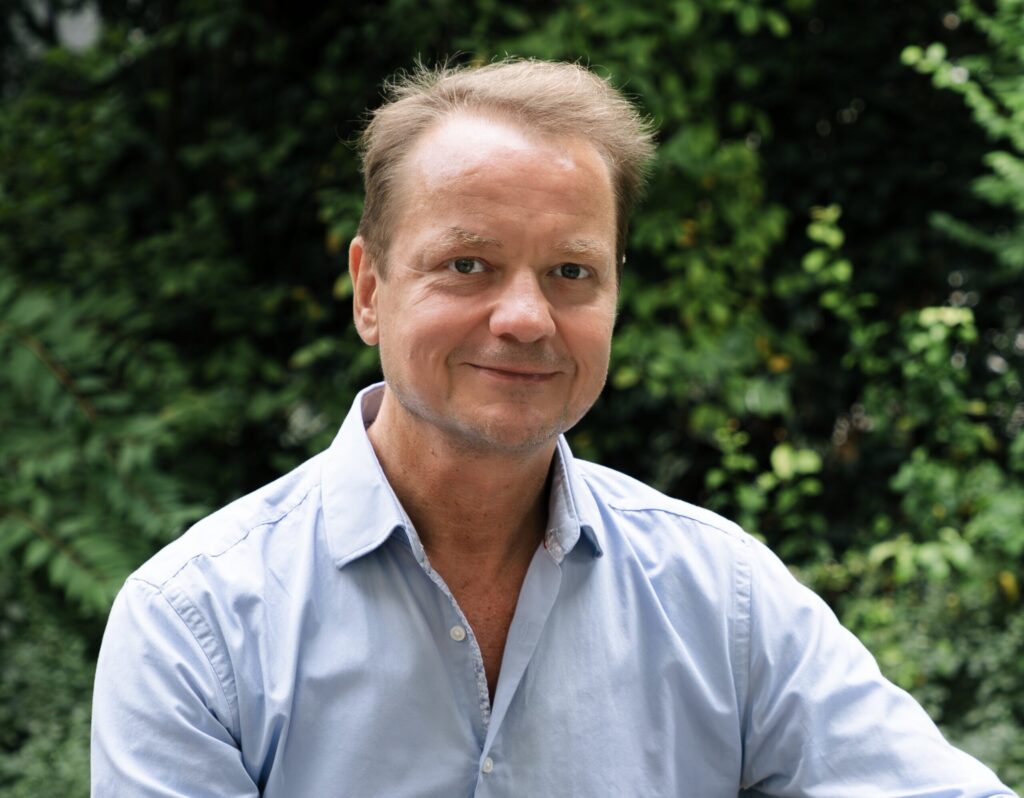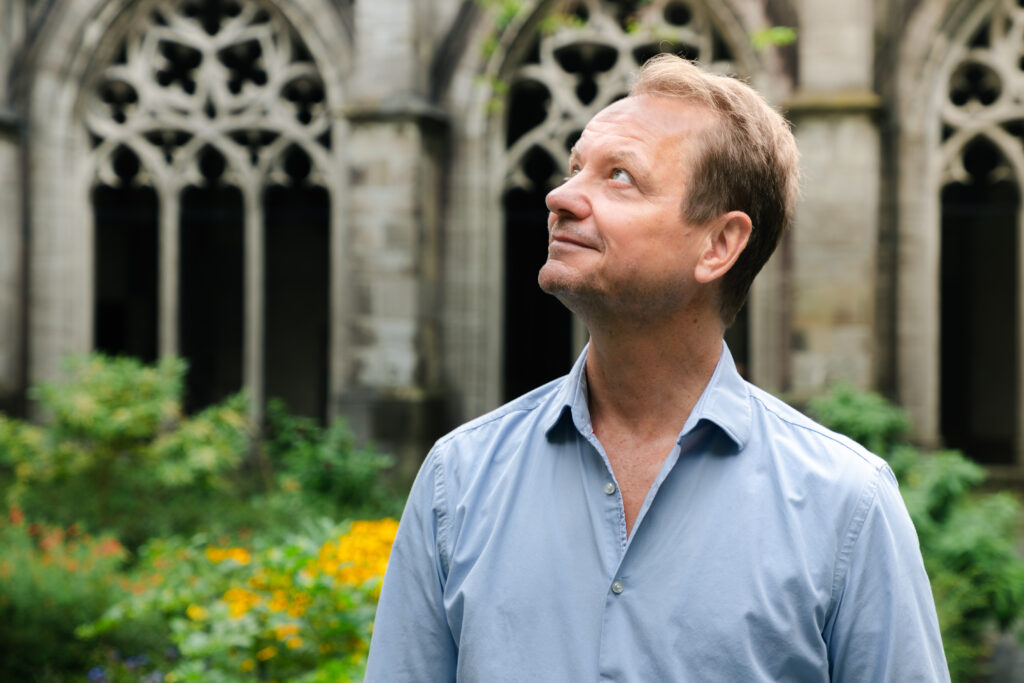 Frank Biermann, founder of the Earth System Governance Project is the 2024 laureate
Frank Biermann, founder of the Earth System Governance Project is the 2024 laureate
The Volvo Environment Prize event 2023 starts soon.
Newsletter Sept 18, 2024
 Frank Biermann, founder of the Earth System Governance Project is the 2024 laureate
Frank Biermann, founder of the Earth System Governance Project is the 2024 laureate
Governments and organizations meet year-round to make crucial decisions to solve global environmental problems.
Why, then, is progress so slow? This is the research area of Frank Biermann, a political scientist who proposes a reformed United Nations and new institutions to reach sustainability goals. He is awarded the Volvo Environment Prize 2024 for his research on environmental governance.
Can political science save the sustainable development goals?
In 2015, the United Nations adopted the Sustainable Development Goals, which 193 nations agreed to implement.
According to Frank Biermann, a research professor of Global Sustainability Governance at the Copernicus Institute of Sustainable Development at Utrecht University in the Netherlands, there has been little progress. He has analyzed 3,000 scientific studies and found that the Sustainable Development Goals have had no transformative impacts on societies or the political system.
“We need better and more powerful institutions and better politics to deal with the challenges such as climate change,” says Biermann.

“Solar geoengineering is a dangerous idea”
Some scientists have been advocating the use of solar radiation modification, also called solar geoengineering, to avoid damage from climate change. This is a set of proposed approaches to reflecting sunlight to rapidly cool the Earth.
“I think this is a very dangerous idea,” says Frank Biermann.
“As a social scientist, I believe we cannot govern this mechanism. Also, the risks of solar geoengineering are poorly understood and can never be fully known”.

“For defining new pathways for international environmental governance in a period of global change”
The Jury for the Volvo Environment Prize says in their motivation for the 2024 award:
“Frank Biermann has been defining new pathways for international environmental governance in a period of global change. He has spearheaded research that has advanced our understanding of how international institutions might improve our collective ability to mitigate global environmental risks and adapt to unavoidable changes.”